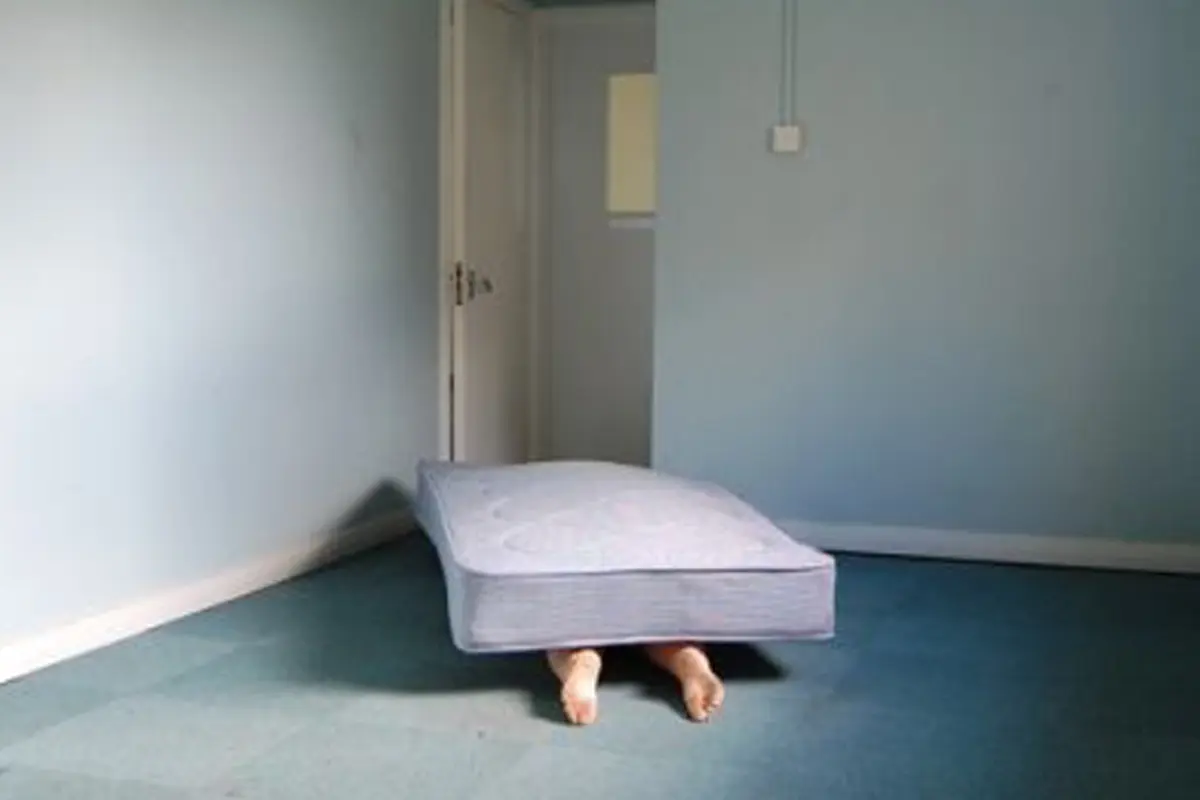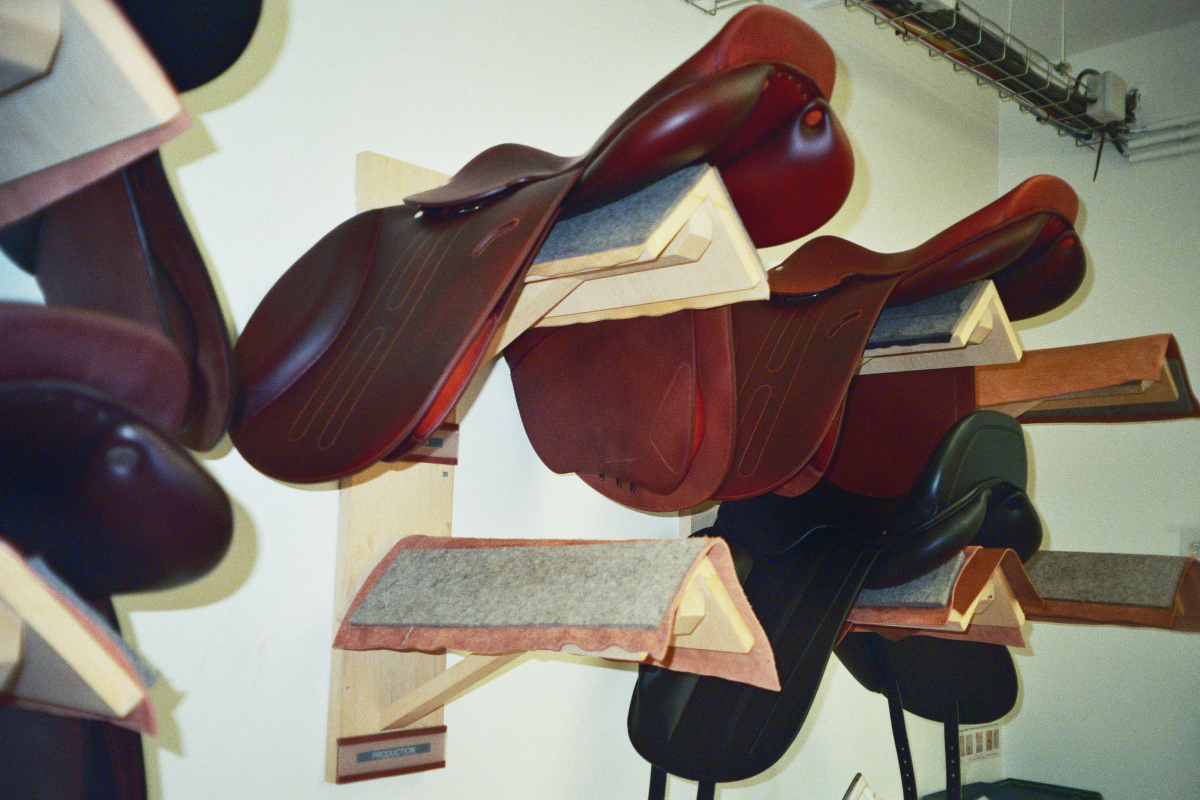Cultural roots of Niksen: Dutch work-life balance and doing nothing. How Dutch culture values leisure time alongside productivity. Human respect, private life, personal growth
What is Niksen, the Dutch concept of doing nothing?
In a world that glorifies productivity and busyness, the idea of doing nothing might seem counterintuitive or even lazy. However, the Dutch have a concept called Niksen, which embraces the art of doing nothing without purpose. This seemingly paradoxical notion has gained attention worldwide as people seek ways to alleviate stress and find balance in their lives.
Embracing idleness: the essence of Niksen
Niksen, pronounced nik-sen, is derived from the Dutch word niks, meaning nothing. It encompasses the practice of simply being, without any particular goal or activity in mind. Unlike meditation or mindfulness, which often involve focused attention, Niksen is about letting go of any intention and allowing the mind to wander freely.
Cultural roots and work-life balance
Originating from the Netherlands, Niksen reflects the Dutch culture’s emphasis on relaxation and work-life balance. The Dutch are known for their pragmatic approach to life, valuing leisure time as much as they do productivity. Niksen is deeply rooted in this cultural mindset, offering a way to unwind and recharge amidst the demands of modern life.
The art of doing nothing with human respect
At its core, Niksen involves embracing idleness without guilt or judgment. It encourages individuals to step back from the constant hustle and bustle of daily life and simply be present in the moment. Whether it’s sitting quietly, staring out of a window, or taking a leisurely walk, Niksen invites people to slow down and savor the stillness while respecting their human need for rest and reflection. It’s about human respect.
Human respect and the benefits of Niksen
While Niksen may seem effortless, practicing it effectively requires letting go of the need to be constantly productive or entertained. In a world filled with distractions, this can be challenging. However, the benefits of Niksen are numerous and can have a profound impact on mental well-being.
One of the primary benefits of Niksen is stress reduction. By allowing the mind to rest and wander aimlessly, individuals can alleviate feelings of anxiety and overwhelm. In a society where stress-related illnesses are increasingly prevalent, Niksen offers a simple yet powerful antidote.
Moreover, Niksen can enhance creativity and problem-solving abilities. When the mind is free from the constraints of purposeful thinking, it is more likely to make unexpected connections and generate novel ideas. Many creative individuals throughout history have credited moments of idleness with sparking their most innovative insights.
Additionally, Niksen promotes self-awareness and mindfulness. By observing one’s thoughts and sensations without judgment, individuals can develop a deeper understanding of themselves and their inner workings. This self-awareness can lead to greater clarity, self-compassion, and emotional resilience.

Incorporating Niksen into daily life – idleness with human respect
Practicing Niksen doesn’t require any special equipment or training. It can be incorporated into daily life in simple ways, such as taking short breaks during work, spending time in nature, or engaging in leisurely activities without a specific purpose. The key is to allow oneself to embrace moments of idleness without feeling guilty or restless.
In a society that often equates busyness with productivity and success, Niksen serves as a gentle reminder that it’s okay to slow down and simply exist. It encourages individuals to prioritize their well-being and cultivate a healthier relationship with time. By embracing moments of idleness with human respect, people can reconnect with themselves and find greater balance and fulfillment in their lives.
A balanced approach to living, about Human Respect
However, it’s essential to recognize that Niksen is not about avoiding responsibilities or neglecting duties. Rather, it’s about finding a harmonious balance between activity and rest, productivity and leisure. By incorporating Niksen into one’s life, individuals can cultivate a more sustainable approach to living that prioritizes both work and relaxation.
In conclusion, Niksen offers a refreshing perspective on the value of doing nothing. In a world that often glorifies busyness and productivity, this Dutch concept reminds us to slow down and savor the moments of stillness. By embracing Niksen with human respect, individuals can cultivate greater well-being, creativity, and mindfulness in their lives. So, why not take a moment to pause, breathe, and simply be?
The challenge to Capitalist ideals and a threat to human respect
Niksen challenges the deeply ingrained capitalist ideals that prioritize constant productivity and economic growth above all else. In capitalist societies, individuals are often judged by their level of productivity and contribution to the economy. However, the practice of Niksen suggests that there is value in idleness and leisure, even if it doesn’t directly contribute to economic output.
This challenge to capitalist ideals can have political ramifications, as it questions the traditional measures of success and societal worth. Governments and policymakers may need to reassess their priorities and consider alternative metrics of well-being beyond GDP growth. By recognizing the importance of leisure and rest, societies can move towards a more balanced and sustainable approach to governance.
Addressing Work-Life imbalance
Niksen also highlights the issue of work-life imbalance, particularly in societies where long working hours are the norm. In many countries, employees face immense pressure to work overtime and prioritize their careers over their personal lives. This culture of overwork can have serious consequences for mental health, relationships, and overall well-being.
From a political perspective, addressing work-life imbalance requires systemic changes to labor laws, workplace culture, and societal norms. Governments may need to implement policies that promote work-life balance, such as limits on working hours, flexible scheduling, and paid vacation leave. Additionally, there needs to be a shift in societal attitudes towards leisure and relaxation, with greater recognition of the importance of downtime for individual health and happiness.
By addressing work-life imbalance, policymakers can not only improve the quality of life for their citizens but also enhance productivity and creativity in the long run. Employees who are well-rested and have time for leisure are likely to be more engaged and productive at work, leading to positive outcomes for both individuals and society as a whole.
Meaning of Niksen
Niksen is a Dutch term that translates to doing nothing or idleness in English. It refers to the practice of intentionally engaging in activities without a specific goal or purpose, allowing the mind to rest and wander freely.
While it may sound similar to concepts like mindfulness or meditation, Niksen differs in that it doesn’t involve focused attention or a structured practice. Instead, it emphasizes embracing moments of idleness and relaxation without feeling guilty or pressured to be productive. The essence of Niksen lies in simply being present in the moment and letting go of the need for constant activity or stimulation.



















